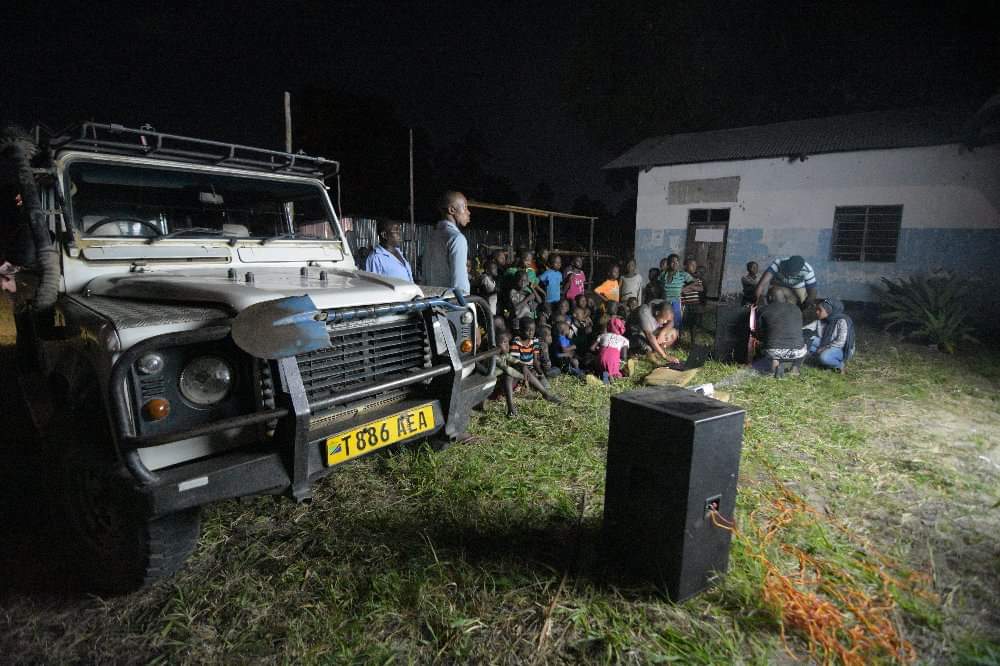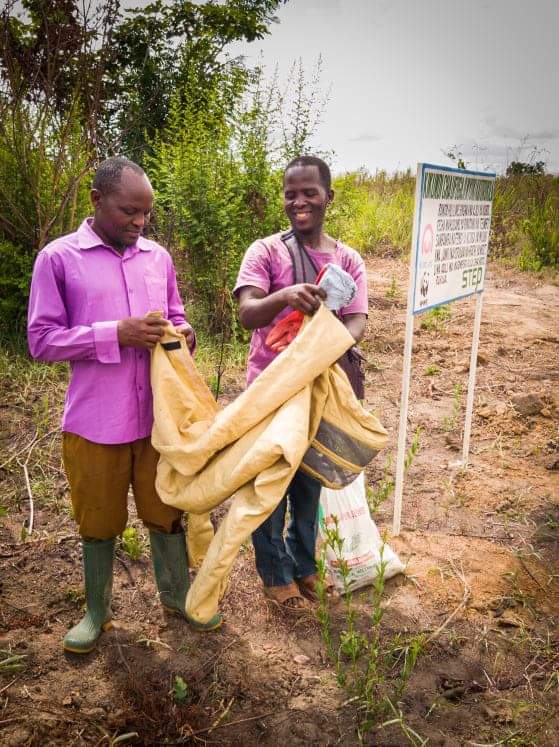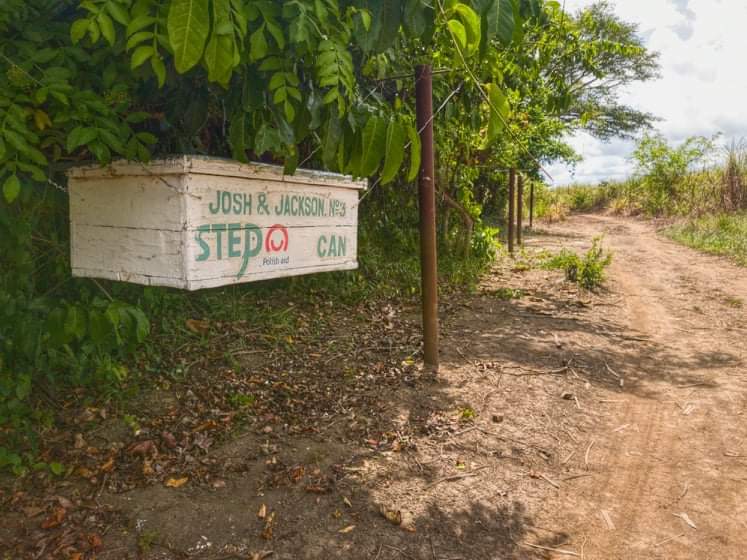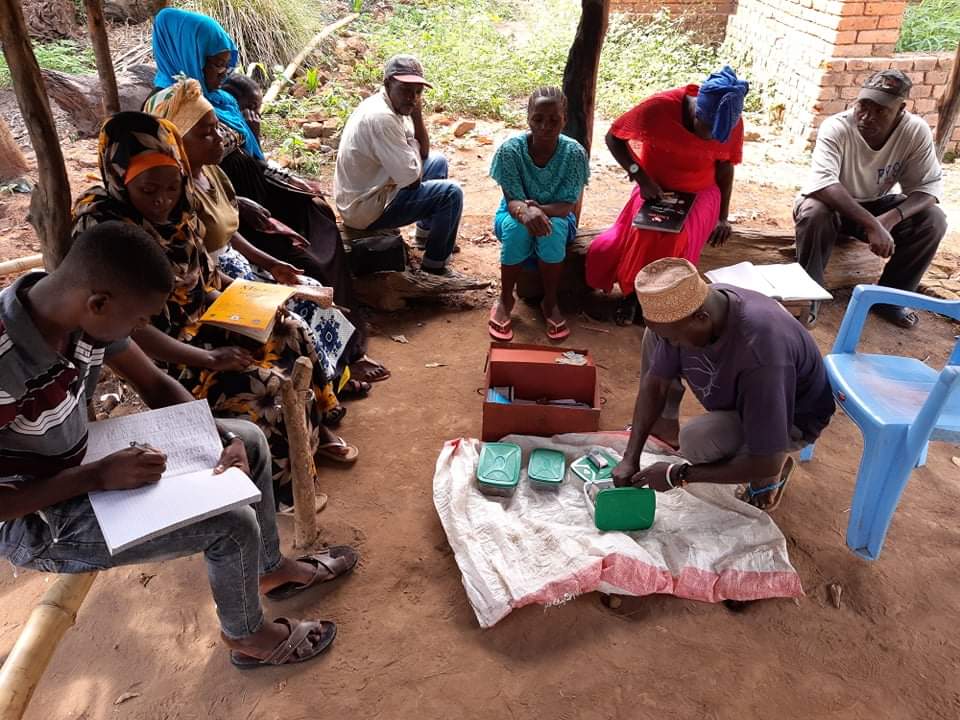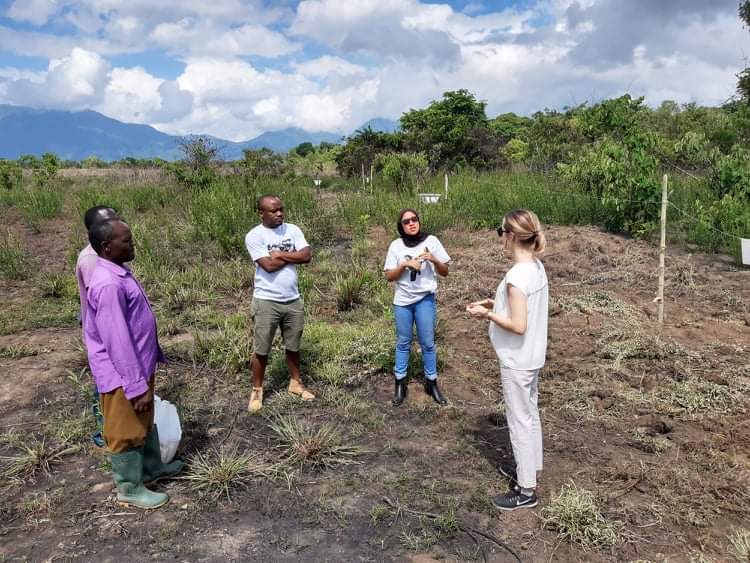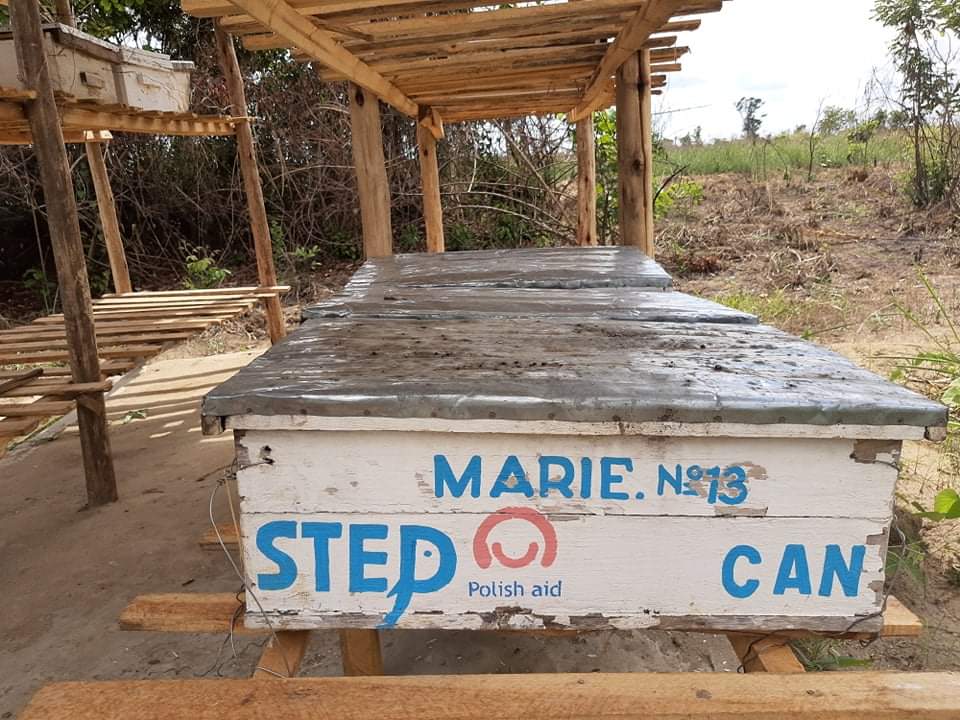Monitoring of the Polish aid project concerning elephants and bees in the Kilombero Valley
03.12.2020
The project "Enhancing human-elephant coexistence in the Kilombero Valley, Tanzania through farmer-led beehive fence projects and child and adult education" is co-financed by Polish aid as a project of the Embassy of the Republic of Poland in Dar es Salaam and the Tanzanian NGO Southern Tanzania Elephant Project (STEP). Dr. Ewelina Lubieniecka, representative of the Embassy, visited local communities that benefit from the project.

The Embassy and STEP joint project aim is to increase community capacity for coexisting with elephants in villages in the Kilombero Valley through child and adult education programs and strengthening of beehive fence projects to reduce crop losses to elephants. Scientific research shows that elephants are afraid of bees, so using hives to separate farmland from elephants' tracks is an extremely effective way of reducing damage. The project also provided support to build the capacity of farmer groups to maintain fencing, beekeeping and the activities of savings and loan associations in the village.
STEP is a Tanzanian registered non-governmental nature conservation organization. The aim of STEP is to improve the coexistence of humans and elephants by implementing economically viable techniques to mitigate human-nature conflicts in protected areas and conducting educational activities with communities, and using monitoring and research to protect elephants. STEP's work focuses on southern Tanzania, an extremely important area for the elephant population of East Africa. STEP has projects in the Ruaha-Rungwa ecosystem and the Udzungwa-Selous ecosystem. More information on the activities of this organization can be found on its website.
